Common Good in Action
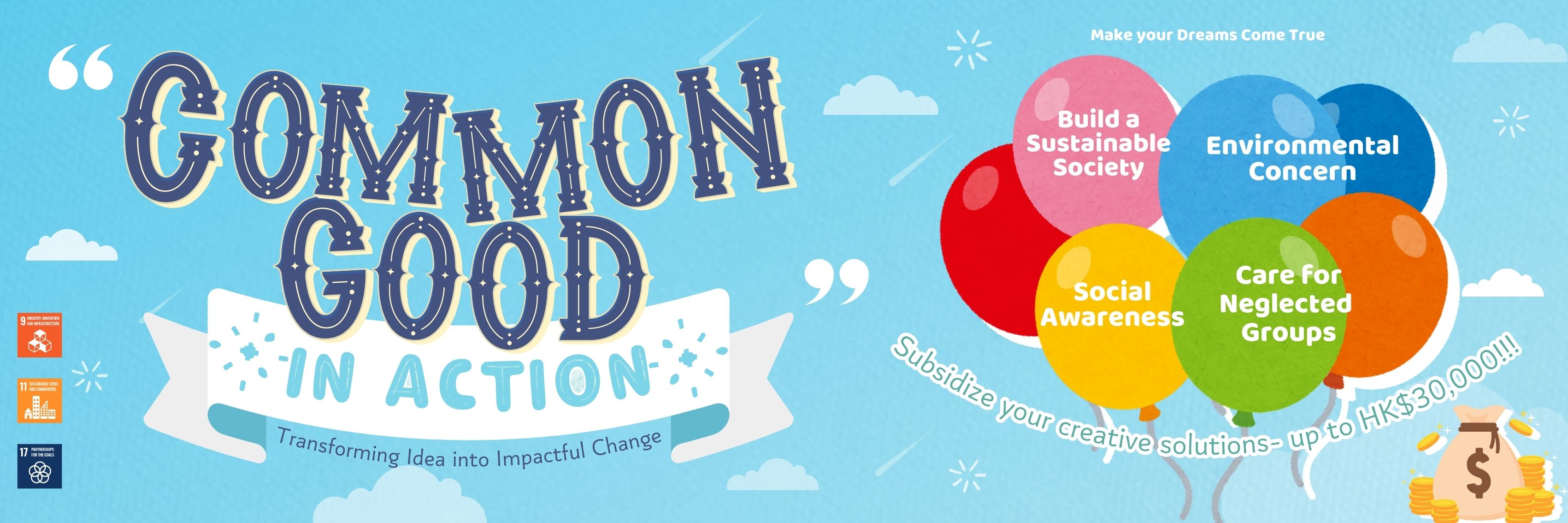

Objectives
The “Common Good in Action” (CGA) project aims to encourage university students to address environmental and social issues, care for neglected groups in the community, and build a sustainable society with diverse approaches. CGA participants can strengthen their personal qualities and implement their self-initiated projects within and outside Hong Kong with the awarded subsidy.
< Note: The programme is formerly named the "Dreamer Lab Award">
Eligibility
Full-time HKBU undergraduate students from UGC-funded programmes
Tracks and Awards
| Track | Local Track (The proposal targets to community in Hong Kong.) | Non-local Track (The proposal involves an outbound trip.) |
|---|---|---|
| Award Amount |
$10,000 for any local project with actual expenses at $10,000 or below $20,000 for any local project with actual expenses above $10,000 and below $20,000 $30,000 for any local project with actual expenses at $20,000 or above.
< starting from 2025/26> The project teams being accepted will disucss with their supervisor on the project KPIs. If the average KPI falls below 70%, the award funding will be reduced by 30%, while a one-off $1,000 incentive will be given to projects meeting the agreed KPIs. |
< starting from 2025/26> The project teams being accepted will disucss with their supervisor on the project KPIs. If the average KPI falls below 70%, the award funding will be reduced by 30%, while a one-off $1,000 incentive will be given to projects meeting the agreed KPIs. |
| Payment Arrangement |
|
|
Related Key Sustainable Development Goals (SDG):
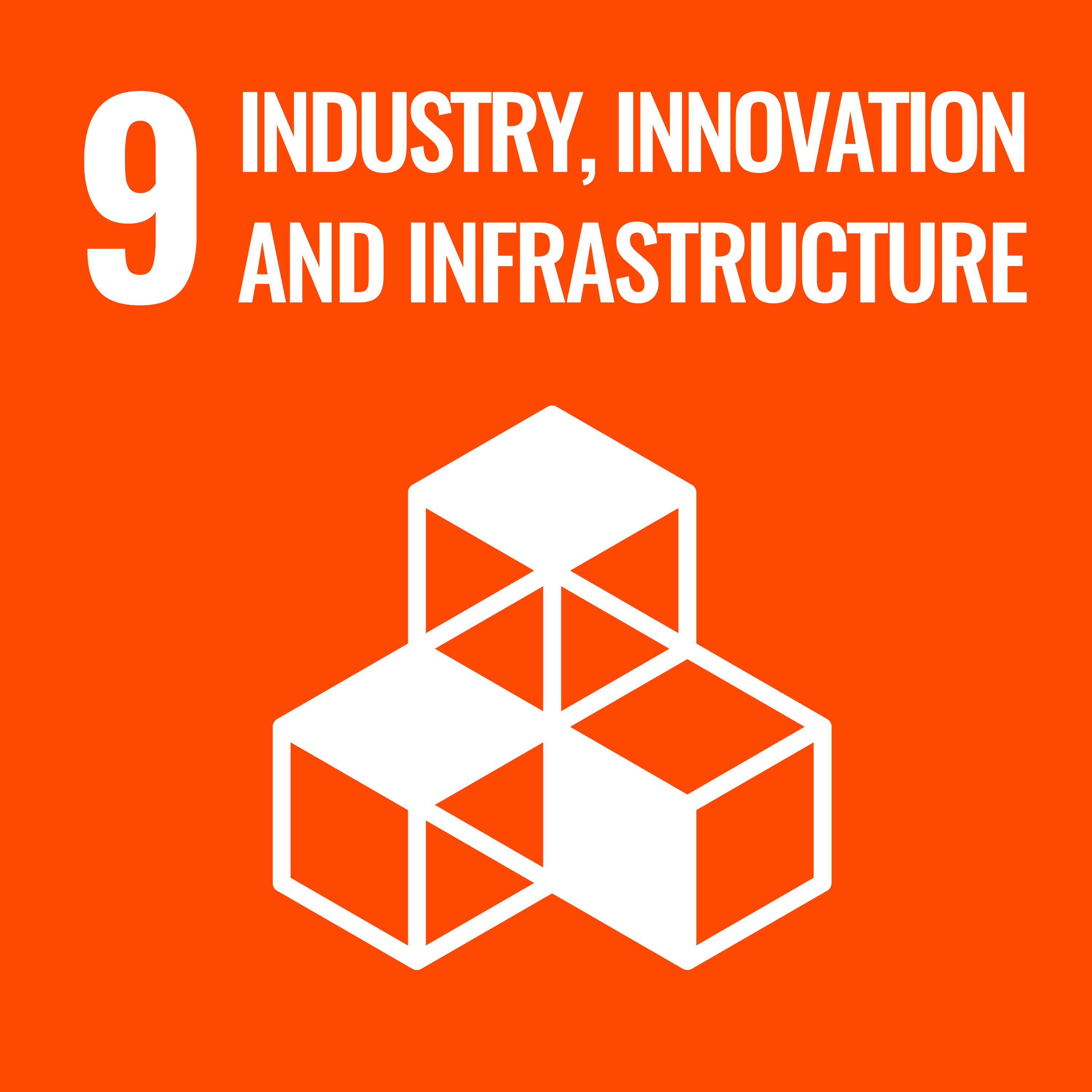

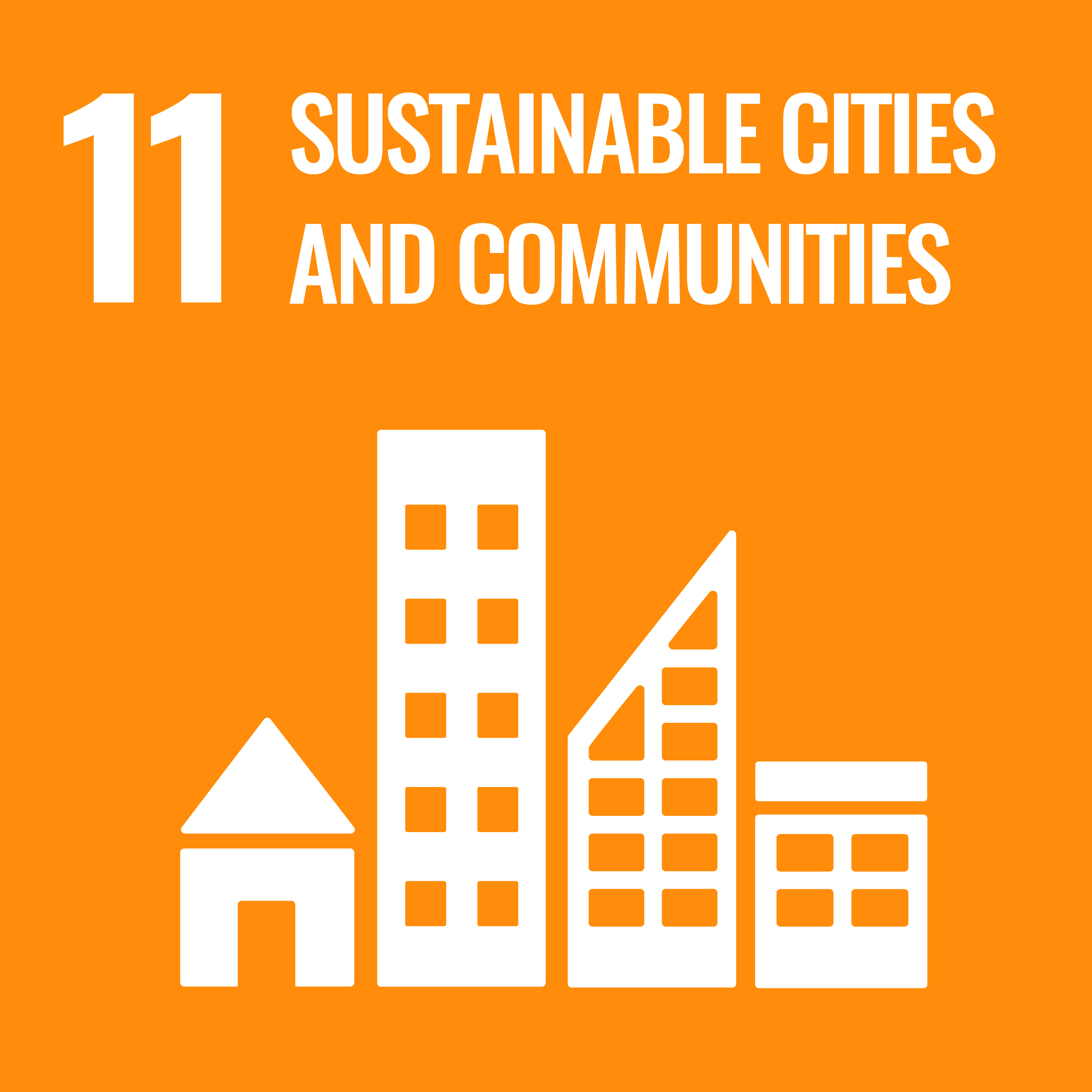

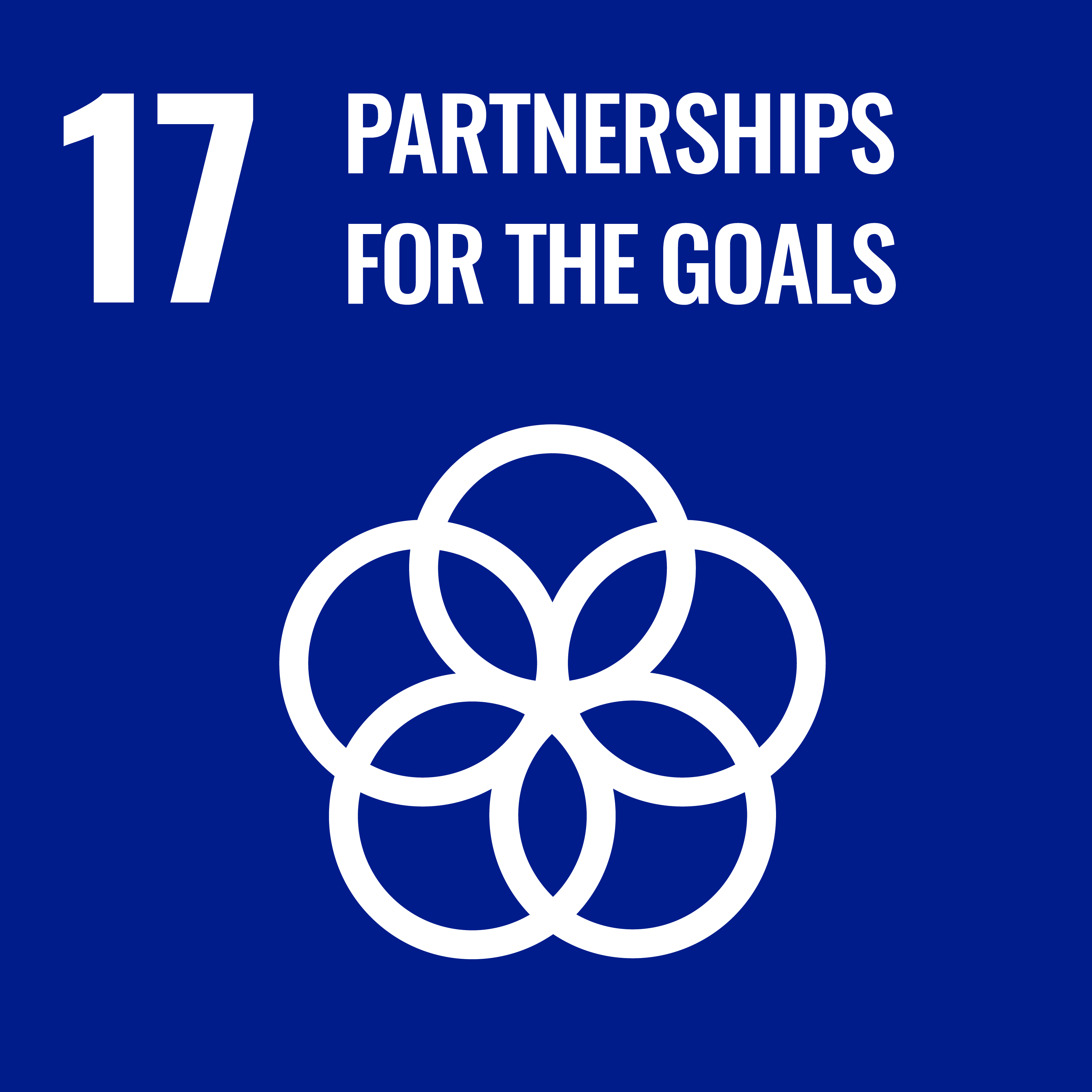

| Application and Selection Procedures |
|
| Requirements for Approved Applications: |
|
Assessment Criteria | % | |
|---|---|---|
Impact |
| 35% |
Creativity |
| 25% |
Sustainability |
| 20% |
Organisation |
| 20% |
Total |
| 100% |
Current Projects (AY2024-25)
Local Track ( all completed)
Non-local Track
Study of NGO Effort to Ukrainian Refugees in Poland (In Progress)
Entertainment needs "US" (In Progress)
Check out our YouTube Channel on the selected project outcomes: HERE
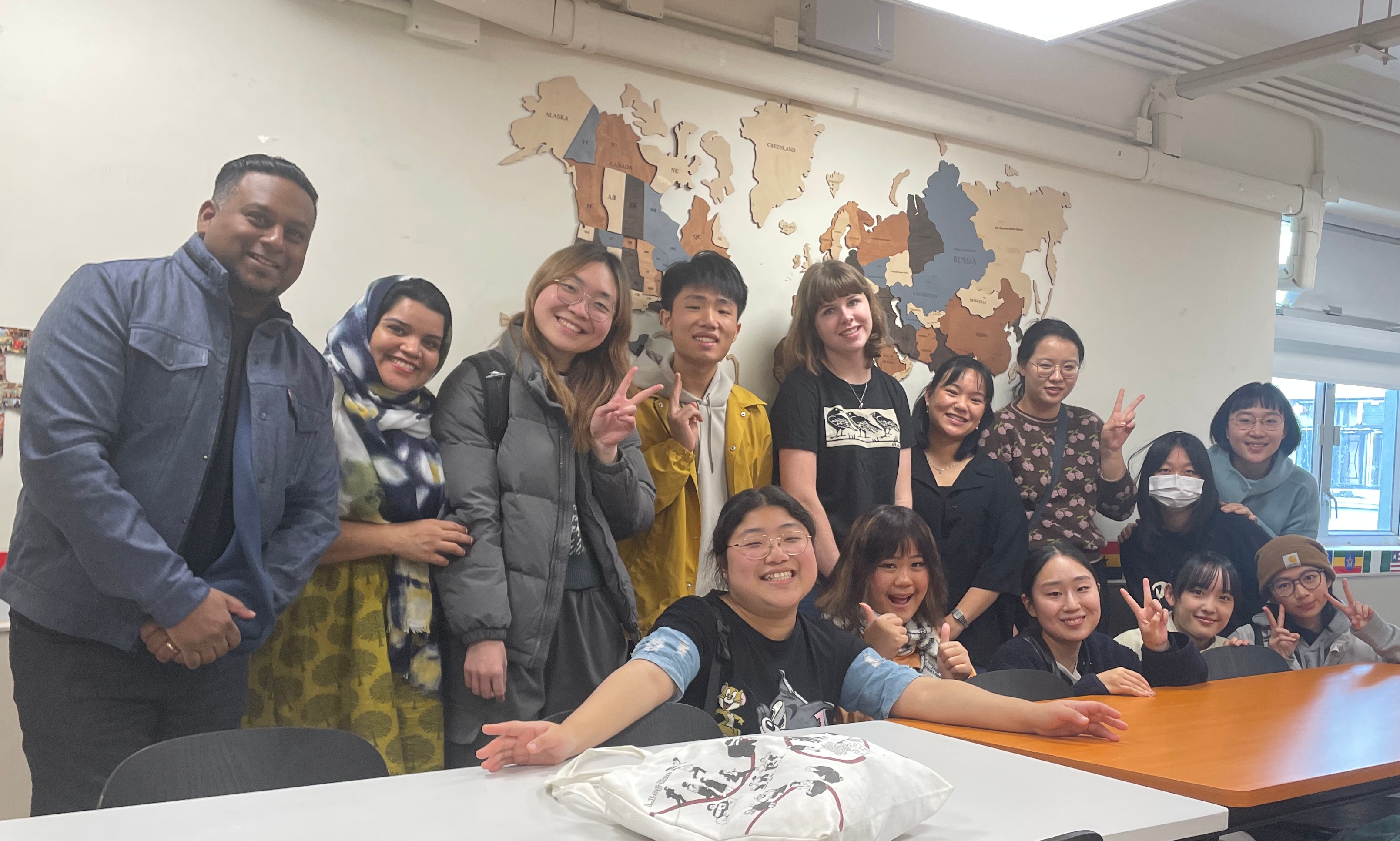

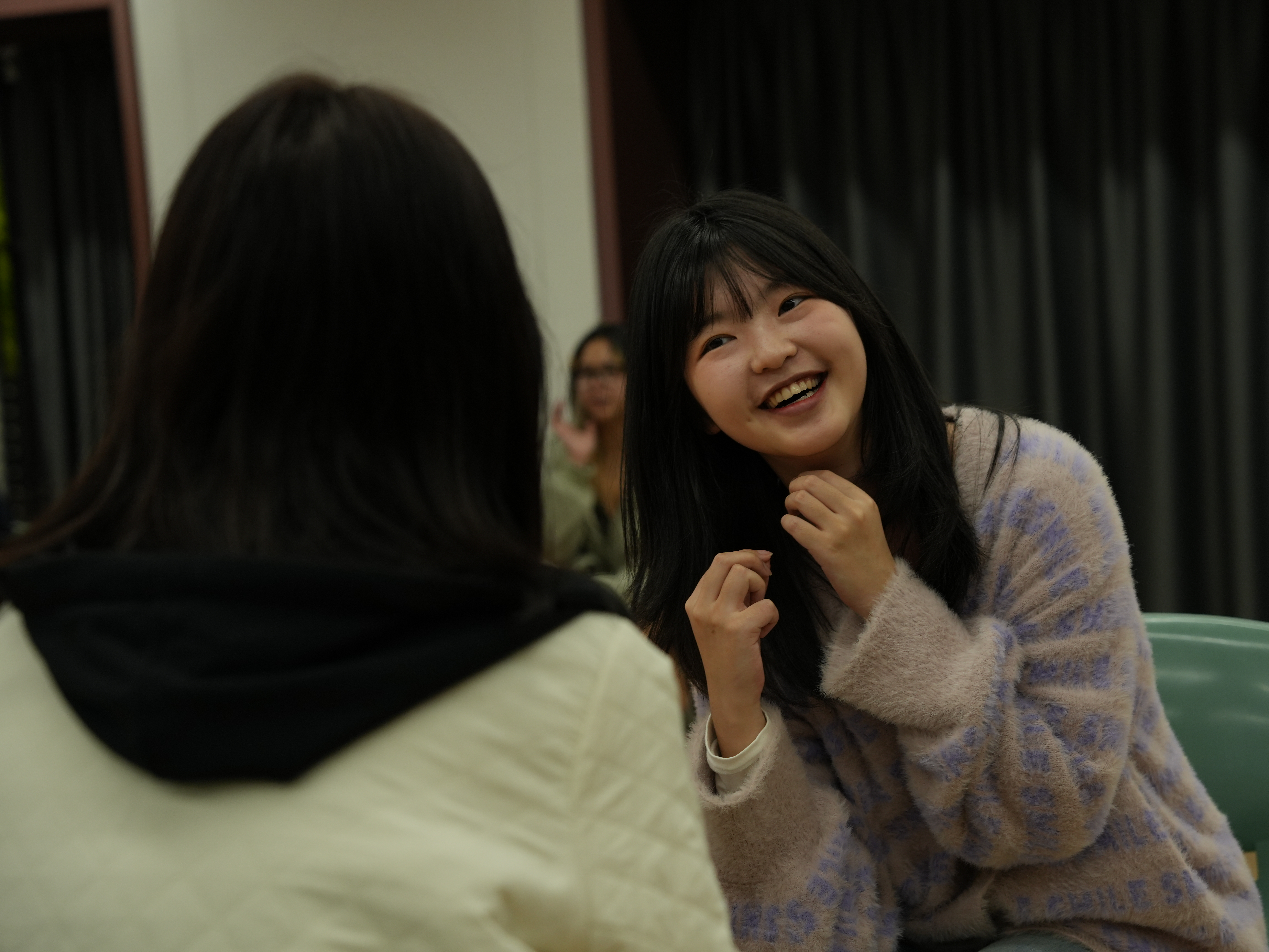

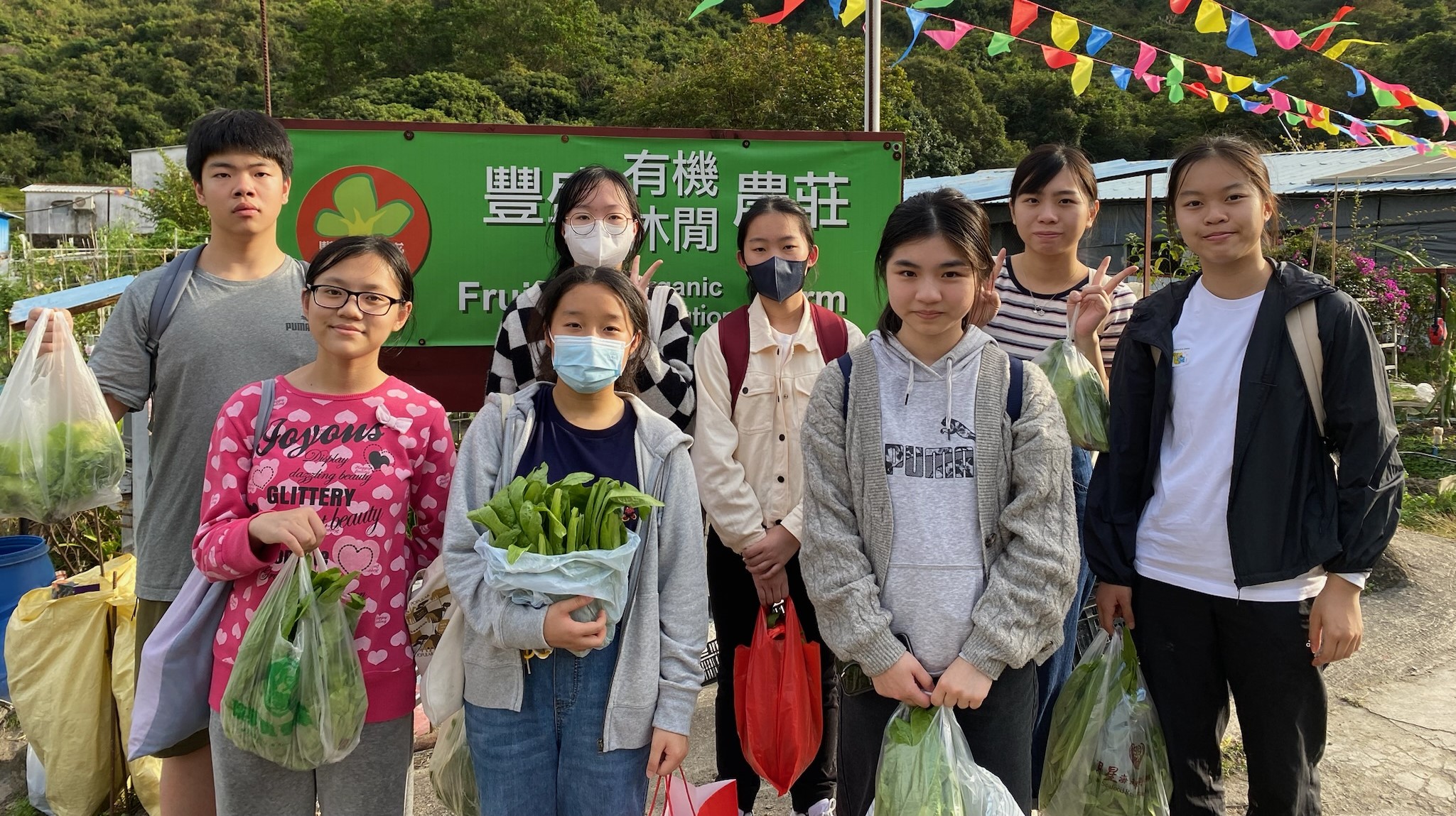

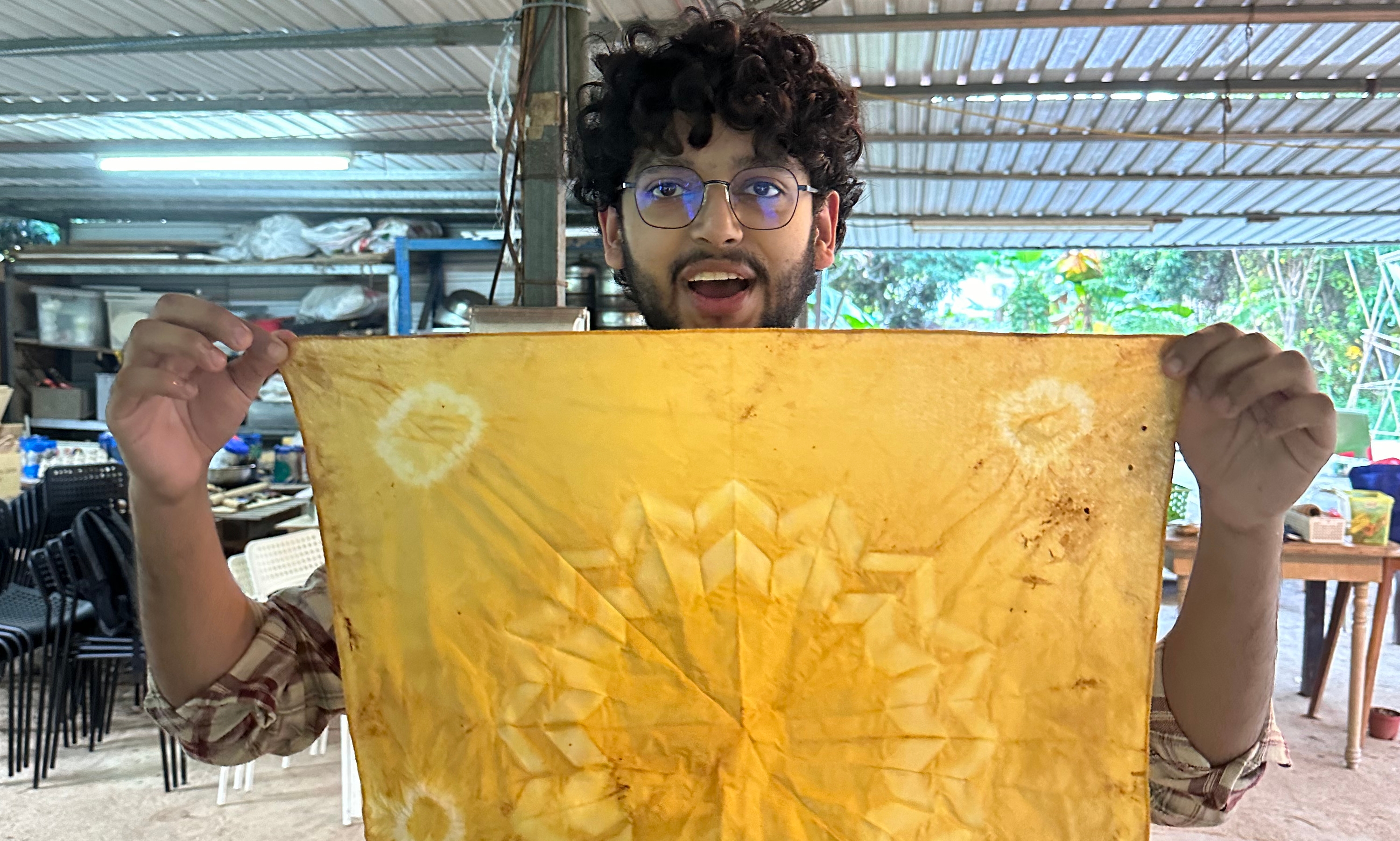

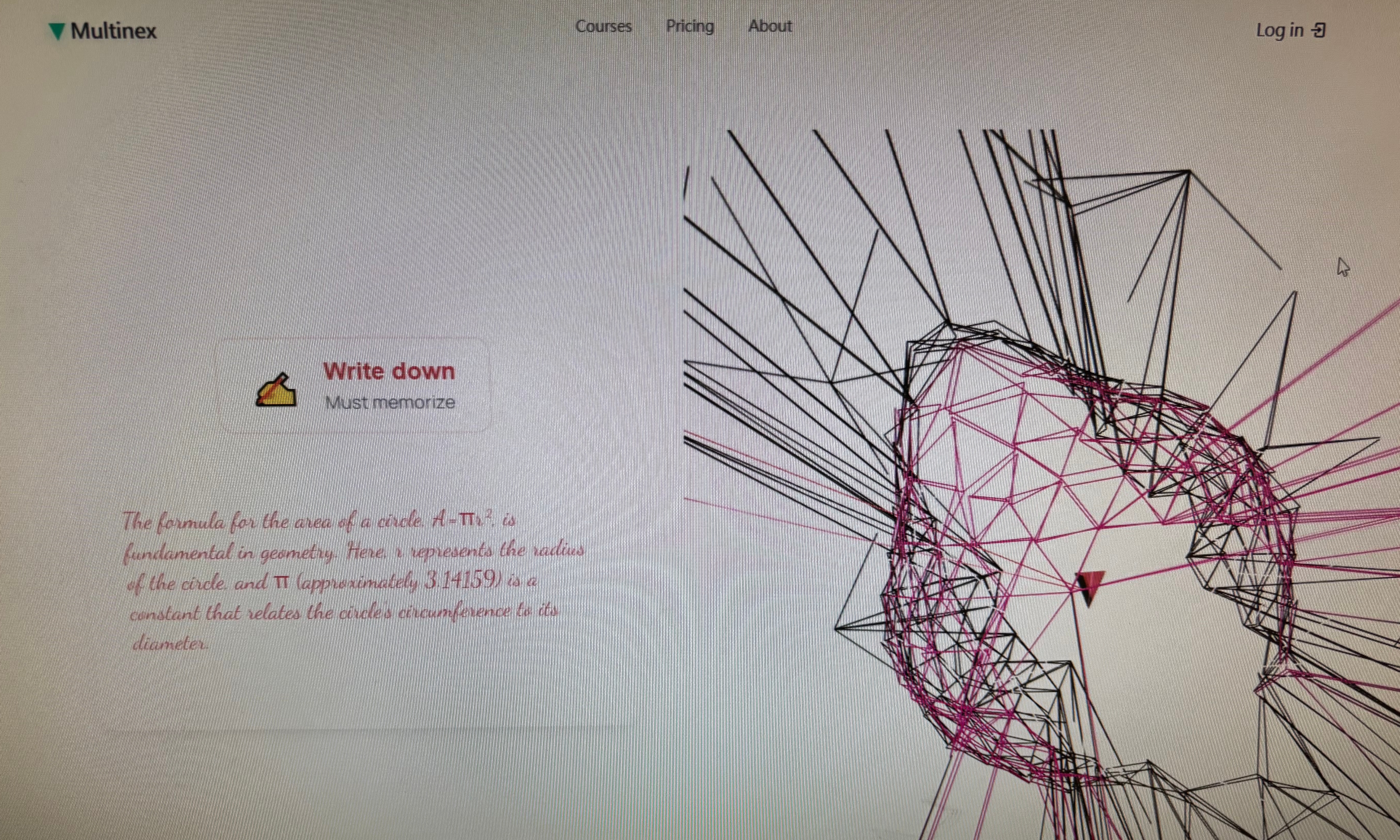

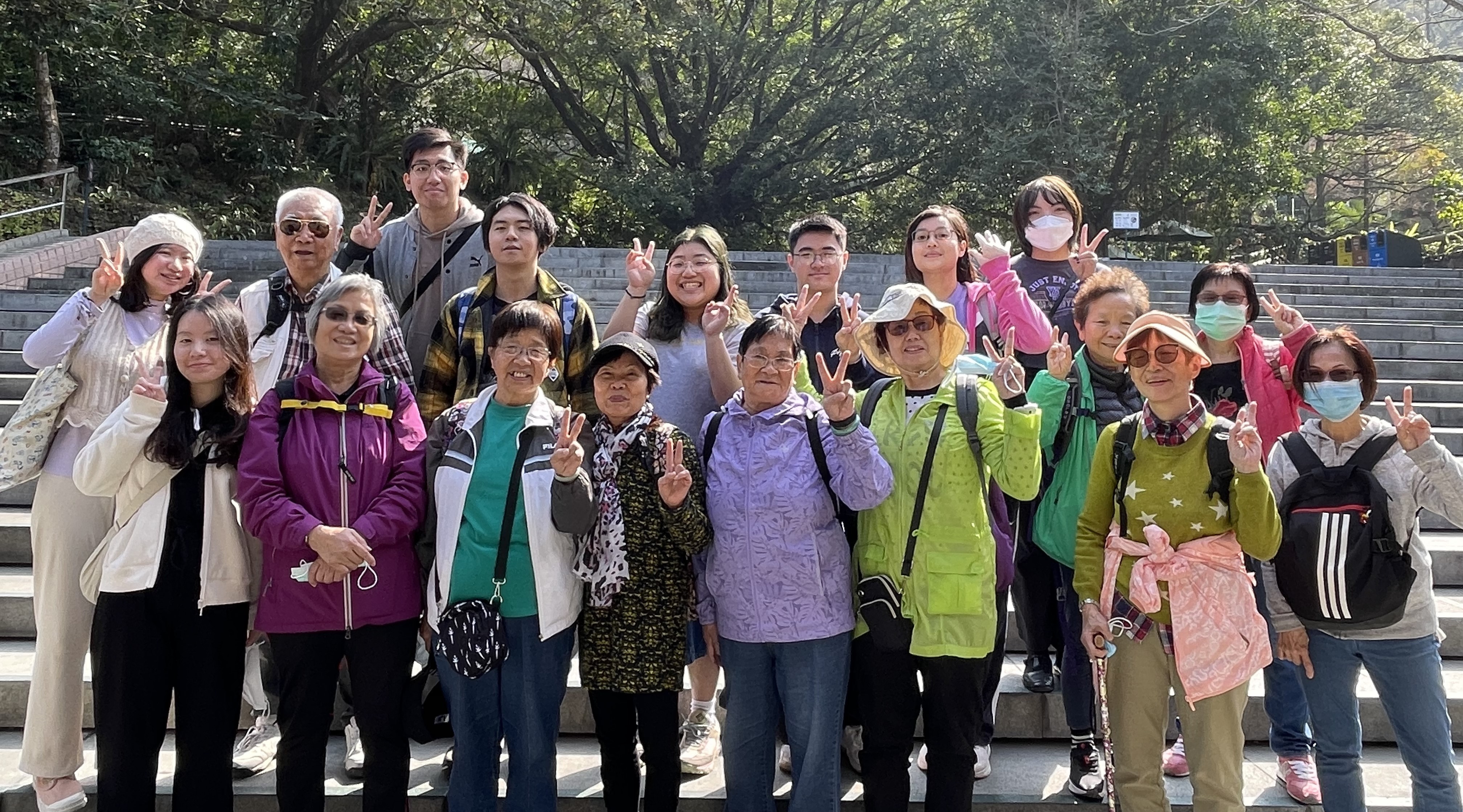

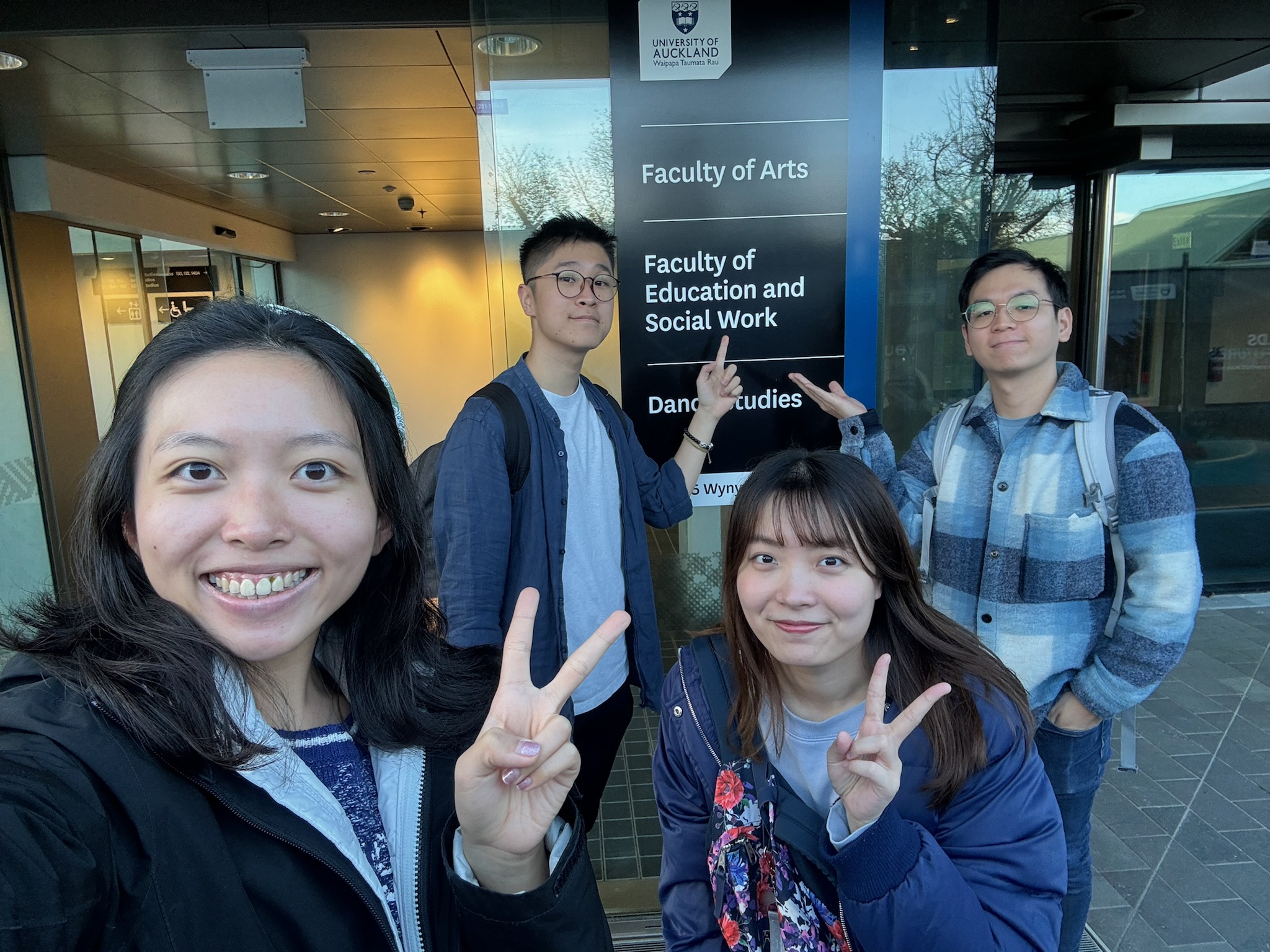

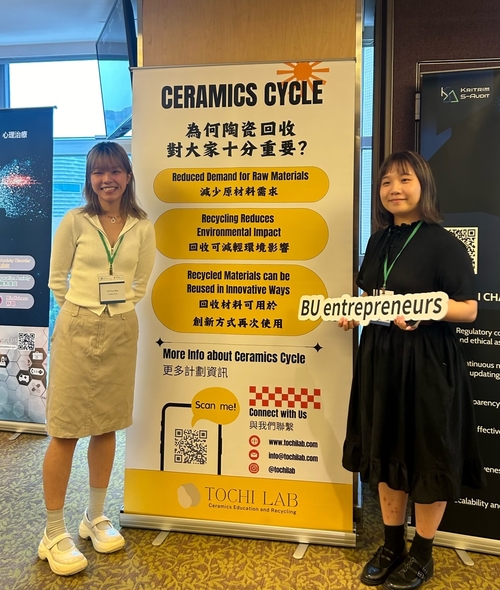

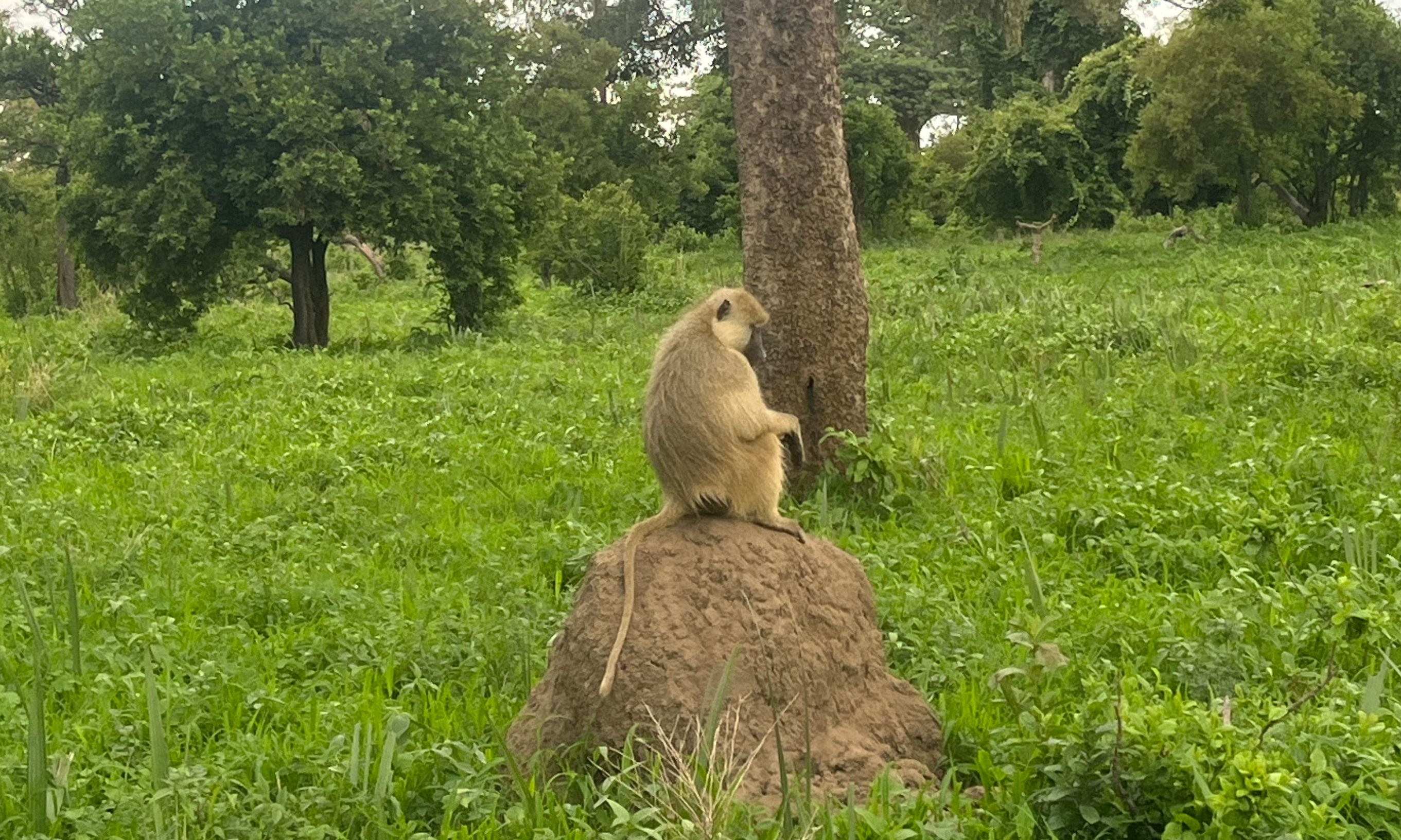







.jpg)
.jpg)
.jpg)
.jpg)
.png)
.png)
.jpg)
.jpg)
.jpg)
.jpg)

